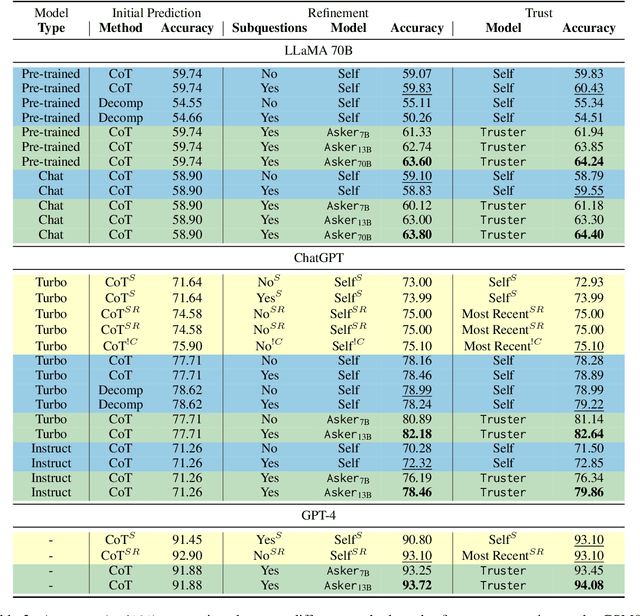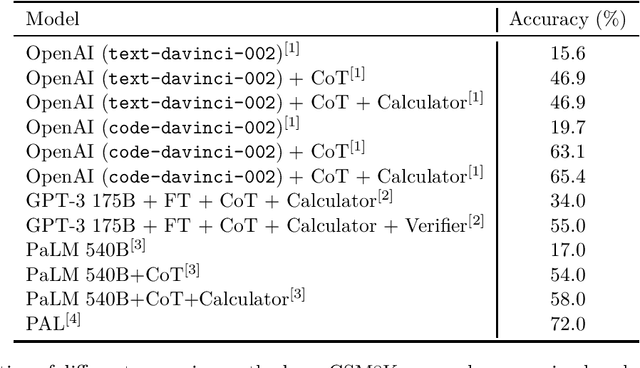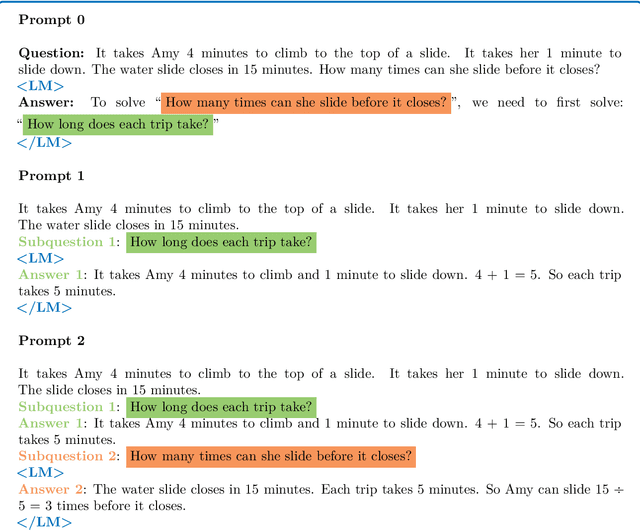Ram Pasunuru
Byte Latent Transformer: Patches Scale Better Than Tokens
Dec 13, 2024Abstract:We introduce the Byte Latent Transformer (BLT), a new byte-level LLM architecture that, for the first time, matches tokenization-based LLM performance at scale with significant improvements in inference efficiency and robustness. BLT encodes bytes into dynamically sized patches, which serve as the primary units of computation. Patches are segmented based on the entropy of the next byte, allocating more compute and model capacity where increased data complexity demands it. We present the first FLOP controlled scaling study of byte-level models up to 8B parameters and 4T training bytes. Our results demonstrate the feasibility of scaling models trained on raw bytes without a fixed vocabulary. Both training and inference efficiency improve due to dynamically selecting long patches when data is predictable, along with qualitative improvements on reasoning and long tail generalization. Overall, for fixed inference costs, BLT shows significantly better scaling than tokenization-based models, by simultaneously growing both patch and model size.
The ART of LLM Refinement: Ask, Refine, and Trust
Nov 14, 2023



Abstract:In recent years, Large Language Models (LLMs) have demonstrated remarkable generative abilities, but can they judge the quality of their own generations? A popular concept, referred to as self-refinement, postulates that LLMs can detect and correct the errors in their generations when asked to do so. However, recent empirical evidence points in the opposite direction, suggesting that LLMs often struggle to accurately identify errors when reasoning is involved. To address this, we propose a reasoning with refinement objective called ART: Ask, Refine, and Trust, which asks necessary questions to decide when an LLM should refine its output, and either affirm or withhold trust in its refinement by ranking the refinement and the initial prediction. On two multistep reasoning tasks of mathematical word problems (GSM8K) and question answering (StrategyQA), ART achieves a performance gain of +5 points over self-refinement baselines, while using a much smaller model as the decision maker. We also demonstrate the benefit of using smaller models to make refinement decisions as a cost-effective alternative to fine-tuning a larger model.
Augmented Language Models: a Survey
Feb 15, 2023



Abstract:This survey reviews works in which language models (LMs) are augmented with reasoning skills and the ability to use tools. The former is defined as decomposing a potentially complex task into simpler subtasks while the latter consists in calling external modules such as a code interpreter. LMs can leverage these augmentations separately or in combination via heuristics, or learn to do so from demonstrations. While adhering to a standard missing tokens prediction objective, such augmented LMs can use various, possibly non-parametric external modules to expand their context processing ability, thus departing from the pure language modeling paradigm. We therefore refer to them as Augmented Language Models (ALMs). The missing token objective allows ALMs to learn to reason, use tools, and even act, while still performing standard natural language tasks and even outperforming most regular LMs on several benchmarks. In this work, after reviewing current advance in ALMs, we conclude that this new research direction has the potential to address common limitations of traditional LMs such as interpretability, consistency, and scalability issues.
 Add to Chrome
Add to Chrome Add to Firefox
Add to Firefox Add to Edge
Add to Edge